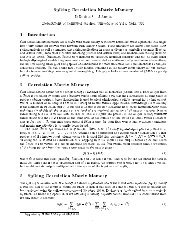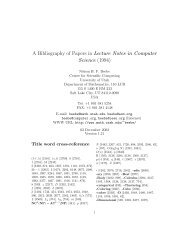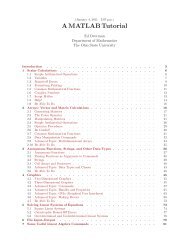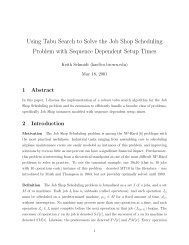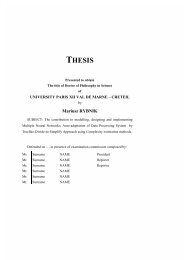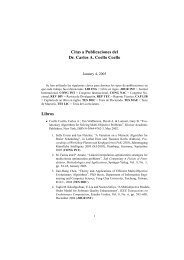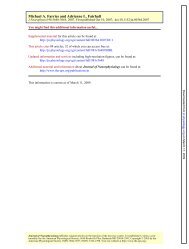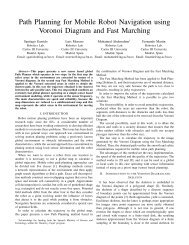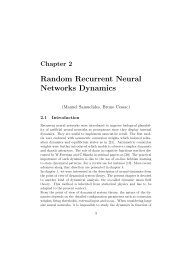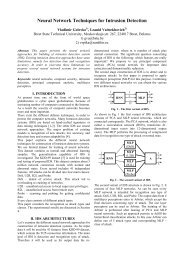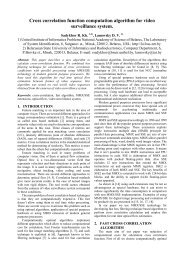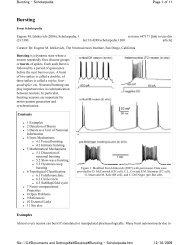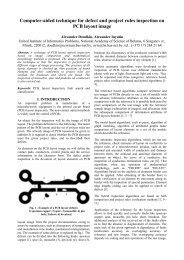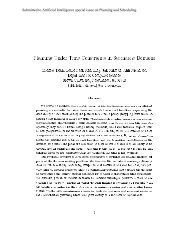NYT-1201: STATE OF THE ART A Thermostat That's Clever, Not ...
NYT-1201: STATE OF THE ART A Thermostat That's Clever, Not ...
NYT-1201: STATE OF THE ART A Thermostat That's Clever, Not ...
Create successful ePaper yourself
Turn your PDF publications into a flip-book with our unique Google optimized e-Paper software.
ime minister last year, the financial crisis stil<br />
l felt, to most of the British electorate, like so<br />
mething short-term and vaguely unreal.<br />
But British politics has lost something with its p<br />
ost-Thatcher embrace of consensus and optimism. Th<br />
atcherism was a galvanizing force. It mobilized ri<br />
ght-wingers to do things, such as selling off huge<br />
state-owned corporations, that many of them would<br />
once have considered impossible. It also mobilize<br />
d the left to develop radical alternatives: during<br />
the 1980s, the Labour Party veered toward support<br />
for unilateral nuclear disarmament and increased<br />
state intervention in the economy.<br />
Unlike today, voters in 1983 faced clear choices.<br />
A vote for Thatcher’s Tories was a vote for largescale<br />
privatization; a vote for Labour was a vote<br />
for socialism. A Conservative vote meant keeping B<br />
ritain in the European Economic Community; a Labou<br />
r vote meant withdrawal. A Tory vote meant station<br />
ing American cruise missiles in Britain; a Labour<br />
vote meant that they would be stopped.<br />
There are no longer such clear-cut choices. Explic<br />
it talk of class interests and inequality have bee<br />
n replaced by a vaguer and less divisive language<br />
of “fairness” and “equal opportunity.”<br />
The major political parties look remarkably simila<br />
r today. All are led by clean-cut 40-somethings wh<br />
o blend social liberalism (support for same-sex ma<br />
rriage and opposition to the death penalty) with a<br />
cceptance of the free market. Indeed, the Conserva<br />
tives now find themselves governing with strange b<br />
edfellows, in a coalition with the small Liberal D<br />
emocrat Party, whose president recently described<br />
Thatcherism as “organized wickedness.” Mrs. Thatch<br />
er hated coalitions. She most likely would have pr<br />
eferred to lose an election than to govern without<br />
an outright parliamentary majority.



